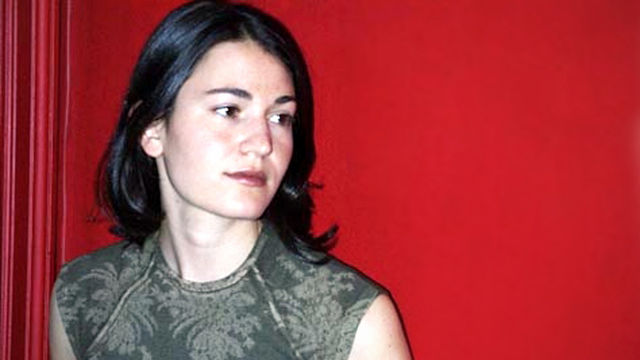
Nicole Krauss’ The History of Love is quite possibly my very favorite modern novel. Though I’ve read this story more times than nearly any other (with the exception of Pride and Prejudice), every time I revisit The History of Love, I feel like I’m reading the story for the very first time. I guess that sounds a bit cliche and maybe it could more accurately be attributed to my poor memory than the style and grace of the novel. Nonetheless, it truly is a treat to read each and every time and, upon my last re-read, I thought it was about time I posted about it.
Though this intelligent novel is in some ways a love story, don’t let the title fool you – it’s not your typical cheesy romance novel. Instead, Krauss weaves a story centered around a fictitious novel entitled The History of Love. This hauntingly beautiful book plays a pivotal role in the life of fourteen-year-old Alma who was named after the beloved character around who the fictitious novel is centered and that of the elderly writer Leo Gursky who is living out his last days in the company of his memories of Poland and his greatest love. Seemingly disparate but deeply drawn characters are wound together in this extraordinary story. Though it can be hard at times to follow the various intersecting story lines, all told with separate times, settings, and narrators, The History of Love is the single, delicate thread that holds these lives together by the end, when it all starts to make a little more sense. This isn’t the kind of story that knowingly leaves you in the dark, though it does throw little surprises the reader’s way that make it all the more touching and delightful.
As I’ve said, Krauss tells her story through a variety of alternating narrators. Though I’m usually a fan of this style of delivery, there is undoubtedly always that character in every book whose story I find myself anxious to get through. At the very least, I usually favor one or two of the voices over the others and am most drawn to those particular storylines. Not so with The History of Love. Despite the stark contrast between the styles employed by the very different narrators of this novel, I revel in each and every voice that Krauss employs to tell her story. No one character’s piece is any more or less interesting, entertaining, or appealing to read; but rather, they are all highly interesting, entertaining, and appealing.
I really can’t say enough about this book’s brilliance and how much of an impact it has had on me. I feel like this is a relatively short book review post for me, but that’s partly attributable to the fact that this novel is such a joy to read. I hope that my short but sweet summary will encourage readers to seek this novel out, without spoiling any of the joy that is indulging in The History of Love. I also don’t think that my praises could really do justice to such a well-thought-out, intelligent, but heartbreaking piece of literature so here are a few of my favorite excerpts.
“Maybe this is how I’ll go, in a fit of laughter, what could be better, laughing and crying, laughing and singing, laughing so as to forget that I am alone, that it is the end of my life, that death is waiting outside the door for me.”
“Once upon a time there was a boy who love a girl, and her laughter was a question he wanted to spend his whole life answering.”
“Having begun to feel, people’s desire to feel grew. They wanted to feel more, feel deeper, despite how much it sometimes hurt. People became addicted to feeling. They struggled to uncover new emotions. It’s possible that this is how art was born. New kinds of joy were forged, along with new kinds of sadness: The eternal disappointment of life as it is; the relief of unexpected reprieve; the fear of dying.”
“Even now, all possible feelings do not yet exist. There are still those that lie beyond our capacity and our imagination. From time to time, when a piece of music no one has ever written, or a painting no one has ever painted, or something else impossible to predict, fathom, or yet describe takes place, a new feeling enters the world. And then, for the millionth time in the history of feeling, the heart surges, and absorbs the impact.”
She’s also married to Jonathan Safran Foer and it is truly remarkable how similar The History of Love is to Everything Is Illuminated in subject matter, narrative style, and genre-transcendence. I would highly recommend The History of Love to Foer fans in particular.


 Log in with Facebook
Log in with Facebook 







